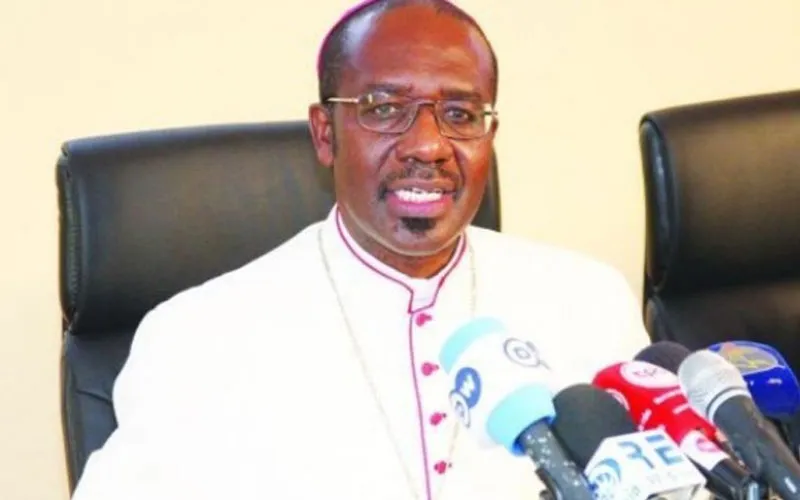Saurimo, 04 April, 2024 / 3:44 pm (ACI Africa).
There is still a lot of work to be done for Angola to achieve true reconciliation, Archbishop José Manuel Imbamba of the Catholic Archdiocese of Saurimo has said, noting that the southern African country is yet to heal over 20 years after the country’s civil war.
Speaking to Radio Ecclesia in Saurimo, Archbishop Imbamba expressed concern that “true peace” doesn’t exist in Angola even after war in the country was declared ended on 4 April 2002.
“There is still work to be done on reconciliation. There is a need to address the politicization of peace itself, of reconciliation itself and of the whole process of reuniting the Angolan family, the politicians are monopolizing the whole process,” the Angolan Catholic Archbishop said.
He added, “I think this is a serious mistake they are making and the results are there. We still haven't reunited, we still don't understand each other, we still don't have the same language as a country, we still don't have the same language as a nation, we still don't have the same language as citizens.”
The Local Ordinary of Saurimo Archdiocese, who doubles as the President of the Bishops' Conference of Angola and São Tomé and Príncipe (CEAST) said, “It's time to stop, to look at the time wasted on things that don't make us be ourselves, on things that don't strengthen us, on things that don't help us achieve a single focus, a single ideal of the country, of society, of culture capable of galvanizing each citizen to give their best for the national good.”








